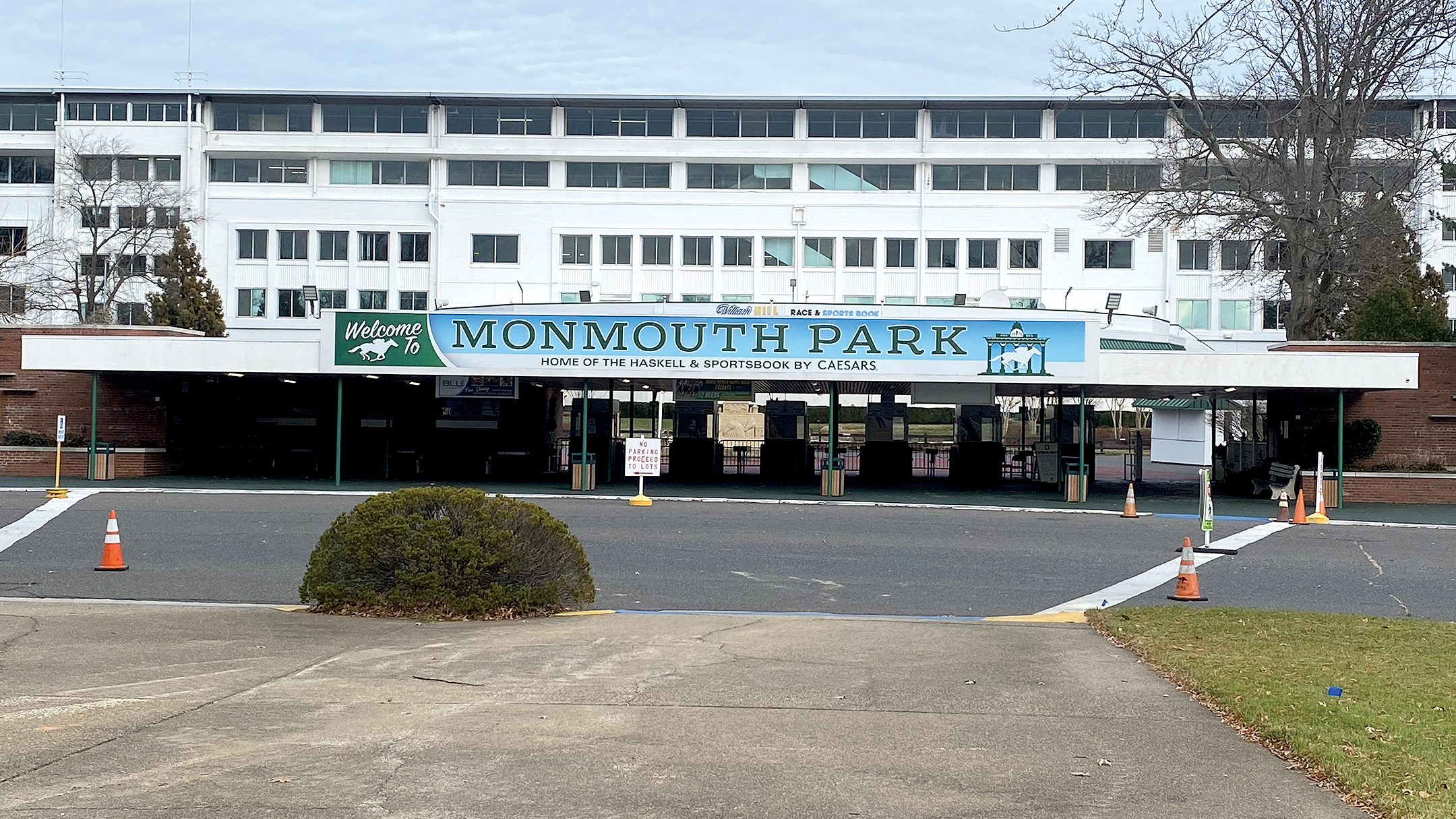
By John Spinelli
OCEANPORT – Since no Northeast teams made it to the championship, during this year’s Super Bowl, most Two River-area residents likely enjoyed the thrill of the sport, the food, the commercials, the music and even Taylor Swift sightings. But there was a portion of the audience whose emotions may have been riding on another aspect of the game – the final score.
The reason: Legal sports betting in New Jersey. According to the Council on Compulsive Gambling of New Jersey, the state’s 1-800-Gambler calls have tripled since legalization six years ago, making the state Top 10 in the country for number of calls. The most affected group of callers was men age 18-34.
“I sit on the Higher Education Committee, and recently there’s been a couple of bill hearings that specifically targets gambling on college campuses,” said state Assembly member Gerry Scharfenberger (R-13).
“This bipartisan legislation has to do with outreach and support for college students” who have a problem with gambling, he said. “The state understands this is a growing new problem; it’s limited to what you could do since it’s legal activity, but we can fund these help programs.”
Scharfenberger also discussed the challenges of fighting “problem gambling” as someone who formerly served on the Municipal Drug and Alcohol Abuse Alliance.
“Like anything, such as alcohol, in moderation it isn’t always a bad thing,” he said. However, unlike with an alcohol or narcotics addiction, “with gambling, most times there’s no physical manifestation,” Scharfenberger noted.
“Addicts could look like successful people but at the same time be adding on bills, affecting their credit, or even risking losing their house.”
Today, there are multiple online sportsbooks and casinos to choose from and bettors wagered an estimated $1.4 billion nationwide on this year’s game. According to preliminary data from the state Attorney General’s office, New Jersey contributed approximately $141.6 million to that total (a 30% increase over 2023). Projected payouts are $133.1 million, resulting in a loss of nearly $8.5 million for those betting.
“There’s no doubt there is an increased marketing effort for (online betting sites like) FanDuel, DraftKings, MGM, etc. Seeing celebrities like Kevin Hart or Vanessa Hudgens in commercials makes it look like a normal, fun activity to do,” said Anthony Merklinger, communications manager for the Mental Health Association of Monmouth (MHA), located in Tinton Falls. MHA provides services to those struggling with addictions and works to improve all residents’ mental health.
Mackenzie McDermott, MHA outpatient supervisor, also noted the effect of smartphones on the issue. “We have a whole younger generation that grew up on instant gratification and social media,” she said.
“They might not even be aware – playing on the phone is chasing that type of ‘high,’ ” McDermott said, noting COVID seems to have made the problem worse.
According to the attorney general, the sports wagering gross revenue reported by casinos, racetracks and their partners in the state in 2023 was $1.01 billion, an almost 32% increase from 2022. The only closest in-person venue for sports betting is Caesars Sportsbook (formerly William Hill) at Monmouth Park. It opened in 2018.
Dennis Drazin, president of Darby Development which operates Monmouth Park, said he is committed to all customers “betting for the right reasons.”
Drazin noted that Monmouth Park offers information on gambling addiction, including an option to register with the self-exclusion list.
Monmouth Park has benefited financially from legal sports betting but the move wasn’t the silver bullet many were hoping for; it is now looking to develop its campus to include a hotel and more in search of sustainability.
Not everyone sees sports betting as a road to addiction littered with negatives. Many agree the industry has produced more jobs and tax-based relief for government projects.
Middletown resident and 25-year-old sports bettor Mike Schondel said he enjoys watching a game he’s wagered on.
“My favorite sports are basketball and football. I grew up watching both and my years of knowledge influences my betting. For the most part, I’ve ended up breaking even but some weeks are better than others,” Schondel said. He grew up playing football and tennis in high school.
“I generally think it’s good for the state,” he said, alluding to the revenue sports betting produces, although he acknowledged betting is not for everyone. “Of course, issues like this (addiction) can absolutely occur. It’s all about having self-control, and respect. Not only for yourself but for the love of the game.” But addictive behavior, whether gambling, drinking or shopping, doesn’t necessarily start out that way. Someone could bet “to have fun at the Super Bowl,” McDermott said, but there may be other factors involved.
“The same could be said with any other addiction,” she said.
“Family-wise, just talking openly with your children about the effects of gaming, as awareness, is important. There are programs like Gamblers Anonymous, and there is specialized therapy out there to get help with this issue,” McDermott added.
“Ironically, I think therapists need to match their marketing on television and social media” with that of the gaming sites, Merklinger said. “It should be emphasized that you as a person, have a choice to chase that therapeutic alternative.”
The article originally appeared in the February 15 –21, 2024 print edition of The Two River Times.














